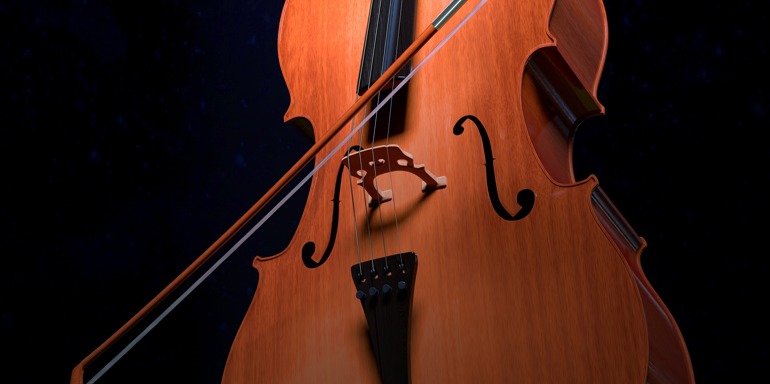Think you can’t practise if you don’t have your instrument with you? Think again. Maybe its too late or early in the day to play, perhaps your voice, lip or hands are tired, but you still have the interest to practise a little longer. Even if there’s no reason why you can’t play, there’s evidence to show that it may actually be advisable to do some of your practice without your instrument, using only your imagination.
Mentally rehearsing a piece or exercise, hearing in the mind all aspects of the sound including pitch, rhythm, timbre and volume, is something many successful musicians do. Just as in real practice, they’ll stop at the difficult phrases, taking care to deconstruct them and vividly create in the imagination all the sensations of improving that tricky syncopated rhythm, difficult leap or subtle crescendo, ‘hearing’ it just how they want it to be.
This art of practising in your imagination is often referred to as ‘mental imagery’. It involves sharpening your ability to hear music in your head (sometimes also called ‘audiating’ or ‘auralising’) and when used alongside your usual physical practice can help improve your playing by ear, memorising, sight-reading, improvising, composing and performance skills.

Mental imagery practice is such a powerful tool that it creates visible changes in the brain. An experiment by Pascual-Leone et al (1995) examined what happened in the motor cortex, in people who practised a piano exercise for 2 hours a day over 5 days. Using transcranial-magnetic-stimulation the scientists could see that the part of the brain responsible for finger movements enlarged over the 5 days. That’s interesting enough, but a second group of people in the experiment practised the same exercise for the same amount of time, only in their imagination. Amazingly, the scientists found the same changes to the brain occurred in this group as in those who actually played.
Though neurologists are now able to explain how it works, concert musicians have known for a long time how effective this kind of practice can be. The famous pianist Glenn Gould (1932-82) wrote: “In my opinion, the only really successful way of learning a work… is to do so quite away from the instrument”.
Pianist Gina Bachauer (1913-76) never started a new piece at the piano. “I try to read it for 15 or 20 days in bed in the evening before I touch a note” she stated, “to see what the composer’s message is.”
Spending time in mental rehearsal can help us feel less nervous in performance too. We can take the opportunity not just to imagine ourselves playing very well, but visualise ourselves in different locations, different clothes and conditions, allowing our mind to familiarise itself with the process of the performance and therefore be more relaxed when the exam or concert comes round.
Its not only musicians who benefit from these techniques. Successful athletes tend to engage in more mental rehearsals than less successful individuals. Basketball star Larry Bird, Olympic diver Greg Louganis, and golfer Tiger Woods have reportedly gained their expertise through a combination of physical practice and mental imagery.
Find out if it works for you. Why not aim to audiate a new piece before you begin to play it? For a piece you already know, record and review your playing of it before and after running a series of mental rehearsals. Take note of anything you think changed due to your imagery work. If you notice improvements, then including mental imagery in your practice could be just what you need to lift your musicianship to the next level.
References
Modulation of muscle responses evoked by transcranial magnetic stimulation during the acquisition of new fine motor skills.
A. Pascual-Leone, D. Nguyet, L. G. Cohen, J. P. Brasil-Neto, A. Cammarota, M. Hallett
Journal of Neurophysiology Published 1 September 1995 Vol. 74 no. 3, 1037-1045.
J. Roberts, G Guertin, eds., Glenn Gould Selected Letters (Toronto: OUP, 1992), 52.
A. Marcus, Great Pianists Speak with Adele Marcus (Neptune: Paganiniana, 1979), 11-12.
Join the conversation on Facebook!







